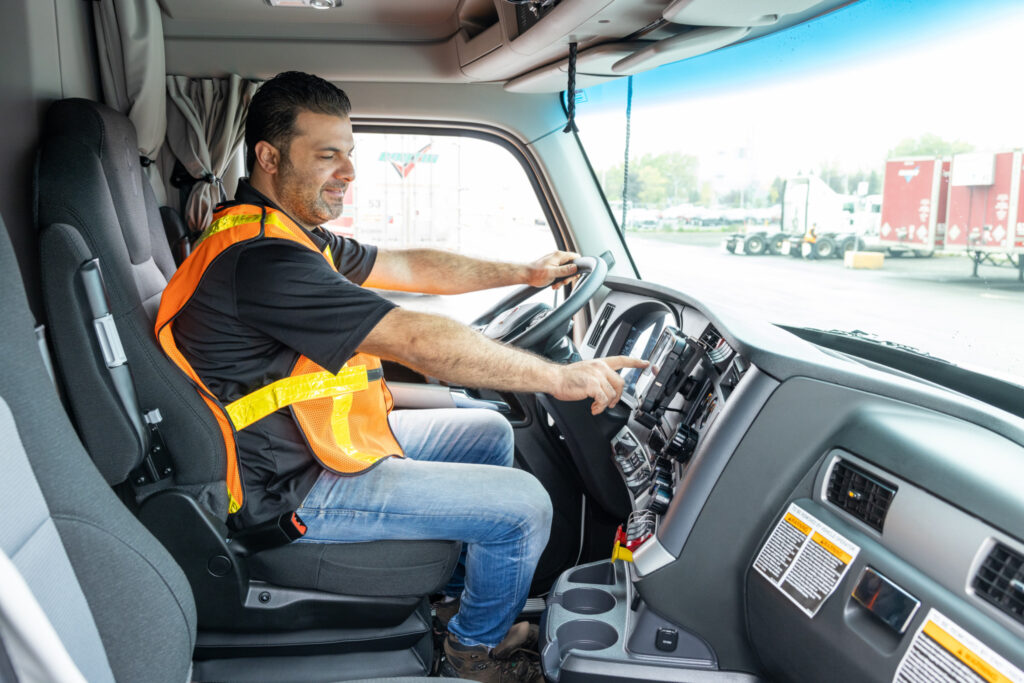ELD certification process: Who got it right?
This week marks the latest date when Canada was supposed to begin enforcing its electronic logging device (ELD) mandate. However, enforcement has been pushed back once more, to January 2023 -- a delay attributed to Canadian rules, which require vendors to have third parties certify that devices meet related technical standards. The U.S. took a different approach, allowing suppliers to "self-certify" devices.
As long as a vendor said its device was compliant, it was added to a list of approved devices overseen by the U.S. Federal Motor Carrier Safety Administration (FMCSA). That list quickly swelled to more than 700 devices, some of which could be open to tampering.
Some even incorporated workarounds to enable non-compliance.
 (Photo: Isaac Instruments)
(Photo: Isaac Instruments)
Not wanting to make the same mistake, Canadian regulators require ELDs to be certified by a third party. Three certification bodies were eventually authorized, each of which can verify that a device meets the comprehensive technical standard that exists here. The result has been an unforeseen lengthy certification process, frustrations over multiple enforcement delays, and high costs - especially for those vendors with multiple devices to certify.
Yet, despite those challenges, the rigorous certification process ensures an approved device complies with the technical standard. So, who got it right? We asked several ELD vendors for their opinion:
Jean-Francois Maheux, INGtech: "We can't be held responsible for the constant questioning and delays. Despite the high cost and effort required to obtain Canadian certification, suppliers have shown patience, perseverance and dedication during this sometimes painful and exasperating process. Now the industry can see that it is the jurisdictions that are the cause of the endless delays in the implementation date of the new regulations."
Todd Bransford, Omnitracs: "The third-party certification takes a bit of the timeline out of your control. It's tricky to plan as you await feedback. Teams of engineers submit their work on the firmwear and Hours-of-Service application that run on the device, to the certification body, which is then followed by an unknown period of time for feedback.
The feedback may be a 94% pass rate with 6% that needs to be remediated before resubmitting, which is a common part of the process. If you don't know when you're going to get the feedback, you have to put those engineers to work on something else. Also, it was probably tricky for the certification bodies to manage the surge in submissions."
Lina Paerez, Orbcomm: "Self-certification in the U.S. was also tricky, because it opened the doors for a large number of companies that didn't have a suitable solution to become self-certified. We saw that. That was not a super clean process.
Canada wasn't as smooth as we hoped it would be. Clearly, they understand there have been some issues because they've delayed enforcement even more. With some of the headaches a lot of the vendors had with the certification agencies, it was necessary."
Jim Angel, ERoad: "I think Canada took a better approach. In the meetings I participated in, in the U.S., it was almost like we were butting heads with the safety groups, carriers, and government officials, and we turned what was supposed to be a 40-page ELD mandate into 130 pages. I think Canada learned from that and I think they were more proficient in the way they got to the end result."
Stephen White, Geotab: "The great thing with the Canadian third-party-certification is it's not just 'trust and verify' after the fact. This way, everybody that's listed as certified is compliant. The problem we had in the U.S. is all these different ELD providers came out of nowhere.
Look how many are still in business. There were a lot of fly-by-night companies that came in for the cash grab." Darrin Demchuk, Platform Science: "There are tradeoffs to third-party certification versus self-certification, and I think we're seeing the results of both decisions play out.
Look at how many certified ELDs there are in the U.S. versus Canada.
It is better now but Canada is not as well covered as the U.S."